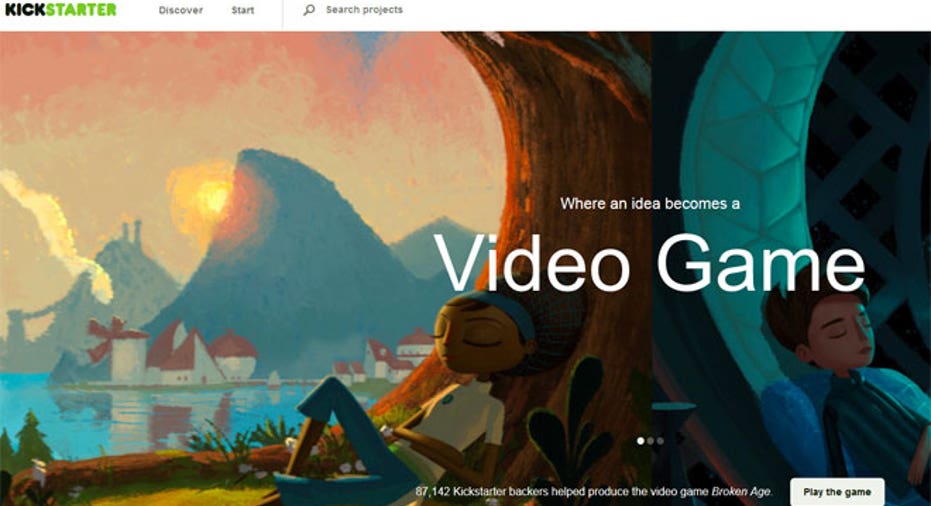Kickstarter Campaign a Success? Now What?

After many sleepless nights and a nonstop PR blitz to publicize your Kickstarter project, you finally raised the funds you needed to launch your startup. The hard part is over now, right? Think again.
A successful crowdfunding campaign is only the first step on the road to a functioning business. Ricky Choi and Phil Moldavski, co-founders of sock company Nice Laundry, learned from both their own experience and the experience of other Kickstarter projects that the next stage — operating your business — can present a new set of challenges that require a different way of thinking.
"Startups that think only for the short term, as they would have to during a 30- to 60-day Kickstarter campaign, is detrimental for long-term growth," Choi told Business News Daily. [How to Get Your Kickstarter Campaign Funded in One Week]
"We've seen too many startups rapidly expand their product offering or evolve their core products after their crowdfunding campaign has ended, resulting in a diluted vision," Moldavski added. "We've also heard about too many crowdfunded projects that miss delivery dates and go over budget, making their customers' first purchasing experience a negative one."
Choi and Moldavski shared three lessons they've learned about converting Kickstarter success into business success.
- Continue the conversation. The most valuable asset you will have coming out of a successful crowdfunding campaign is your backers. Before a Kickstarter campaign, sourcing feedback from your target market can require a lot of research and effort. During and after your campaign, you'll be able to talk directly with your actual customers. Choi and Moldavski spoke to hundreds of their customers via Kickstarter messages, emails and phone calls, and to this day, they keep the lines of communication open through an email list. Continue the conversation you started during your campaign and use your backers to help decide on product development, price points and service standards.
- Embrace your roots. Don't forget what made you successful during your crowdfunding campaign. Your idea was enough to get strangers to give you money, before you even had a real product. Embrace and capitalize on what worked well during your campaign, whether it was reaching out to the press, making a point to tell the story behind your idea, or providing top-notch customer care.
- It's a marathon, not a sprint. Keeping up the velocity of a crowdfunding campaign is unsustainable. Be strategic, adjust expectations accordingly, and understand that you've decided to make a long-term commitment to seeing your idea through. There are things that you probably did during your crowdfunding campaign that are not scalable. One of your first priorities should be to figure out a way to make those processes run in a more automated fashion. Maybe that means contracting a third party to manage fulfillment of your orders, or working with your manufacturers to set more regular, reliable production schedules. These time-intensive tasks need to be ironed out in order to start scaling.
Originally published on Business News Daily.



















